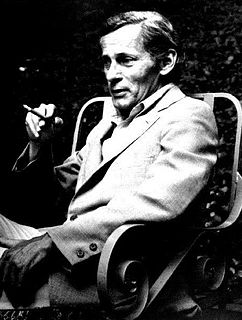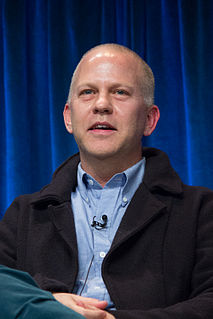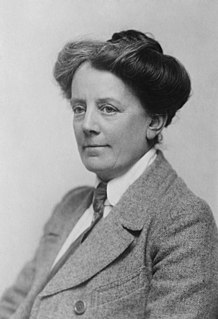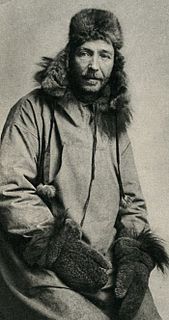A Quote by William Gaddis
There is nothing more distressing or tiresome than a writer standing in front of an audience and reading his work.
Related Quotes
I'm serious, Harry, don't go." But Harry only had one thought in his head, which was to get back in front of the mirror, and Ron wasn't going to stop him. That third night he found his way more quickly than before. He was walking so fast he knew he was making more noise than was wise, but he didn't meet anyone. And there were his mother and father smiling at him again, and one of his grandfathers nodding happily. Harry sank down to sit on the floor in front of the mirror. There was nothing to stop him from staying here all night with his family. Nothing at all.
I would love to do much more singing; it's just one of those things where I can't quite describe what it feels like when you're standing in front of a forty piece orchestra, and there's nothing between you and an audience but a microphone. It's like strapping yourself to a locomotive, and I love it.
As for the differences between audio and the printed page, the sonic aspects of poetry are important to me. I read my poems aloud to myself as I'm composing them. And I enjoy reading to an audience. I think people get tone more easily when they hear a writer read her work. Some people have told me they hear more humor in my poems at a live reading than when they see them on the page. I think that may be a matter of pacing. On the other hand, I've listened to a lot of poetry readings and I know how much you can miss. If you stop to really register one line, you miss the next three or so.







































